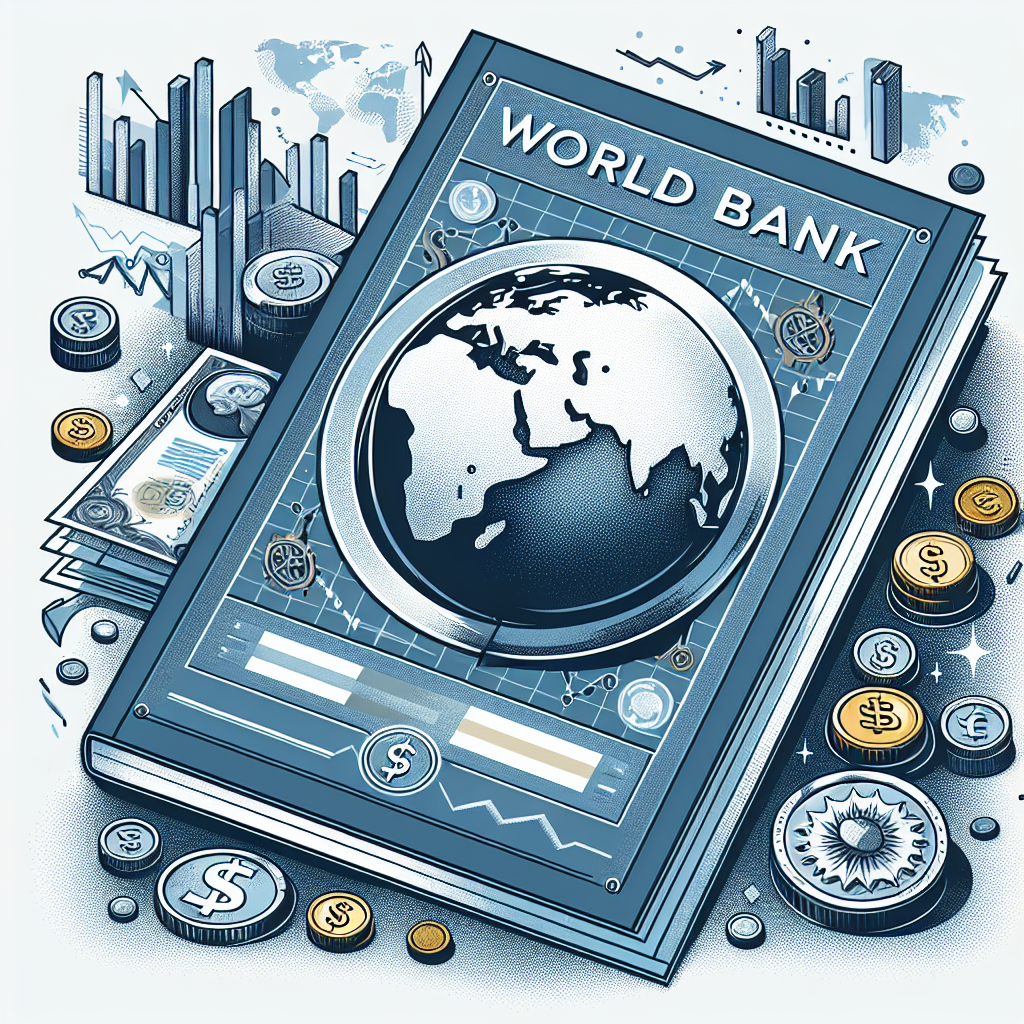World Bank Group Unveils New CPF to Support Azerbaijan's Transition to a Greener, More Inclusive Economy
Strategic Five-Year Plan to Drive Job Creation, Renewable Energy, Digital Connectivity, and Climate Resilience in Azerbaijan Rewritten.

- Country:
- Azerbaijan
The World Bank Group Board of Directors today discussed a new Country Partnership Framework (CPF) for Azerbaijan, outlining the Bank’s strategic engagement with the country over the next five years. This framework is designed to support Azerbaijan in navigating its transition to a more competitive, greener, and inclusive economy, while addressing critical development challenges such as job creation, sustainable growth, and climate resilience.
The CPF is structured around two primary outcomes: increased productivity and better jobs, and increased resilience and sustainability. Specifically, the strategy will focus on a broad set of key initiatives aimed at transforming Azerbaijan's economic landscape.
Key Focus Areas of the CPF
-
Improving the Business Environment and Job Creation The CPF seeks to enhance the business climate in Azerbaijan by promoting micro-, small-, and medium-sized enterprises (MSMEs) and increasing access to finance, especially green and sustainable finance. This will create opportunities for job growth, particularly for women entrepreneurs and vulnerable groups. Key initiatives include supporting inclusive business development and facilitating improved access to financial services.
-
Strengthening Transport and Digital Connectivity Another critical area of focus is the development of the Middle Corridor—a key trade and transit route for Azerbaijan. The CPF will prioritize strengthening transport infrastructure, improving digital connectivity, and supporting the adoption of emerging technologies such as artificial intelligence. These efforts will aim to integrate Azerbaijan more deeply into global trade and technological networks.
-
Accelerating the Shift to Renewable Energy With a strong emphasis on sustainability, the CPF will assist Azerbaijan in transitioning to renewable energy. This includes strengthening energy transmission infrastructure, attracting private investments in renewable energy projects (including battery storage), and promoting the development of green energy corridors. These initiatives will help Azerbaijan diversify its energy mix and enhance its energy security.
-
Enhancing Climate Resilience and Adaptation The CPF also addresses the pressing need for climate change adaptation. Initiatives will focus on developing climate-resilient urban ecosystems, including the construction of green buildings and the adoption of climate-smart agriculture practices. Additionally, water efficiency and security will be prioritized, alongside the expansion of private sector participation in these efforts.
"We are deeply committed to supporting Azerbaijan's transformative journey toward a more sustainable and prosperous future," said Stefanie Stallmeister, the World Bank Country Manager for Azerbaijan. "The new CPF is a reflection of the World Bank’s dedication to working with Azerbaijan to unlock its full economic potential, fostering growth and resilience across the country."
Collaborative Efforts Across World Bank Institutions
The implementation of the CPF will be a collaborative effort between the World Bank’s IBRD, the International Finance Corporation (IFC), and the Multilateral Investment Guarantee Agency (MIGA), with a strong focus on a combination of investments and advisory services. The World Bank will work closely with Azerbaijan's government, private sector partners, and other development institutions to ensure that resources are allocated effectively for maximum impact.
"IFC is fully committed to promoting sustainable development in Azerbaijan," said Ivana Fernandes Duarte, IFC's Regional Manager for the South Caucasus. "We will mobilize private investments to enhance critical infrastructure, increase energy access, and focus on green finance and the development of key sectors such as agriculture, transport, and digital connectivity."
Aligning with Azerbaijan’s National Development Strategy
The CPF is in full alignment with Azerbaijan's Strategy for Socio-Economic Development (2022-2026), which emphasizes the need to address global challenges such as climate change, inequality, and fragility. It also complements the World Bank’s Evolution Roadmap, which underscores the importance of supporting sustainable development and addressing the changing global economic landscape.
Azerbaijan’s Partnership with the World Bank Group
Since joining the World Bank in 1992, Azerbaijan has benefited from over 50 investment operations that have focused on key areas like economic diversification, infrastructure development, public governance, and social improvements. The World Bank has also provided extensive advisory and technical assistance to Azerbaijan, helping to build the capacity needed to implement reforms in critical sectors.
Azerbaijan became a member of the International Finance Corporation (IFC) in 1995. Since then, IFC has invested approximately $900 million in Azerbaijan, supporting nearly 60 projects in sectors such as financial services, infrastructure, manufacturing, and agribusiness. Through these investments, IFC has also advised Azerbaijan on improving the business environment, financial sector development, and corporate governance.
Looking Ahead
The new Country Partnership Framework represents a bold step toward a more diversified, sustainable, and inclusive future for Azerbaijan. With the active support of the World Bank Group, Azerbaijan is poised to tackle its most pressing challenges, unlocking new economic opportunities, enhancing resilience to climate change, and contributing to global efforts to achieve the Sustainable Development Goals (SDGs). Through continued collaboration with local and international partners, Azerbaijan can build a prosperous future for its citizens and contribute to regional and global development.
- READ MORE ON:
- World Bank
- Azerbaijan
- Country Partnership Framework










